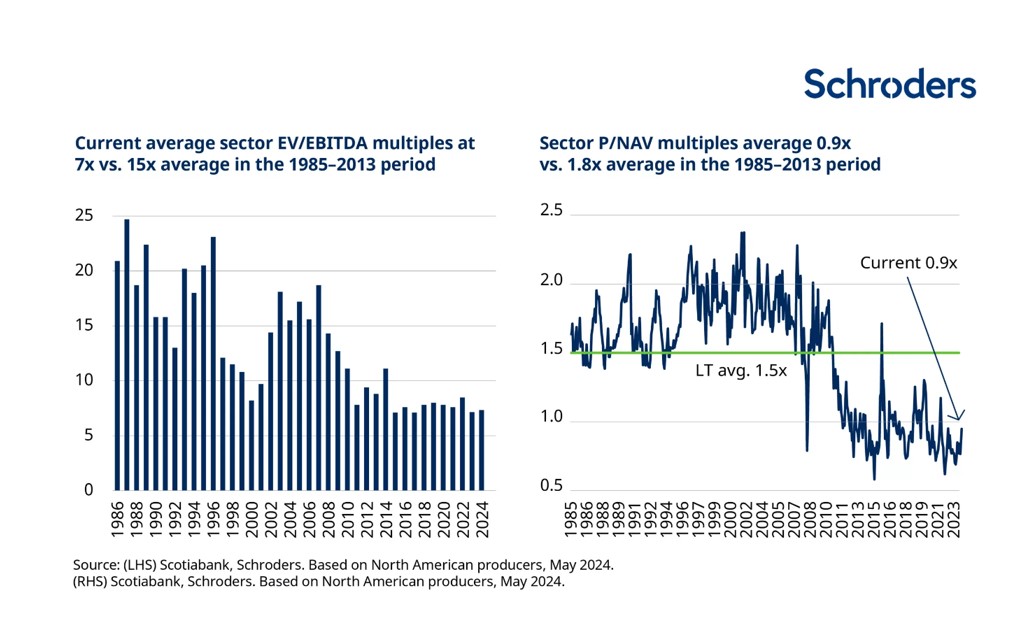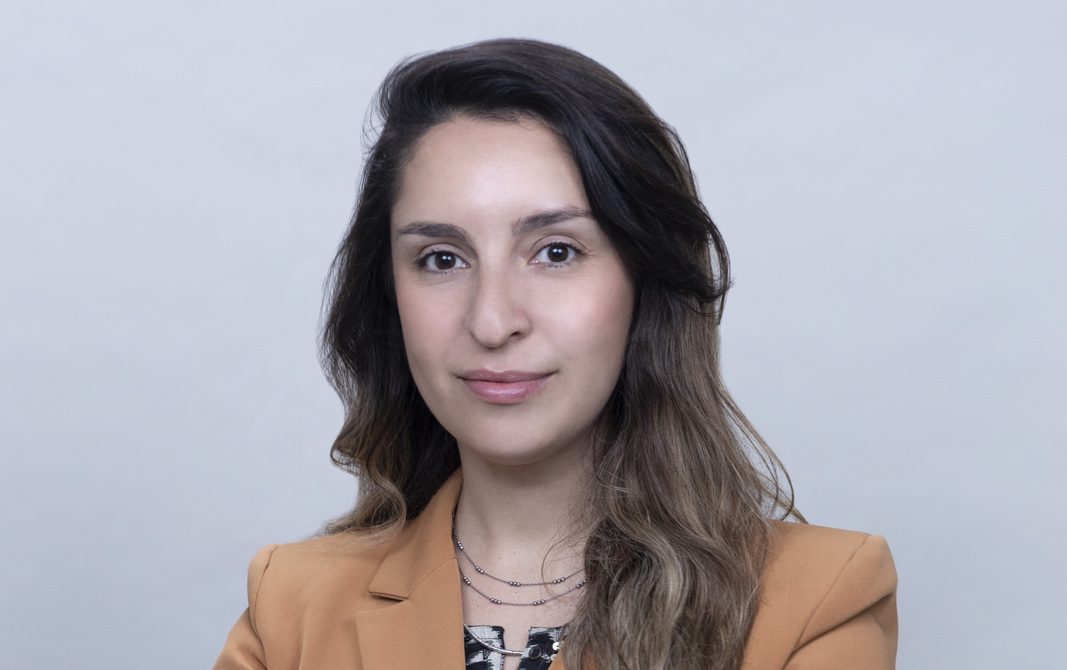Elections in France: Impact on the Market and Possible Scenarios
| For Amaya Uriarte | 0 Comentarios

From June 30 to July 7, France faces its early elections. The call for these general elections arises from the high degree of polarization and fragmentation in the country, as shown by the results of the European elections. According to experts, the outcome of this election could limit the French government’s ability to address its most urgent challenges, such as the rehabilitation of public finances.
Since the announcement of the dissolution of the National Assembly on June 9, the French market has experienced a notable decline compared to its European counterparts. “From June 10 to 13, the CAC 40 fell by 3.6%, compared to a 1.4% loss for the Stoxx Europe 600. In fixed income, the spread between the 10-year German bond and its French counterpart widened by almost 50%, rising from around 50 to 75 basis points. This level reflects 2017 conditions, which already included concerns related to the French presidential elections. If the spread between France and Germany surpasses this level, the comparison point would then be the eurozone crisis of 2011-2012, when there were concerns about the union’s survival. At that time, Greece was in default, and the National Front, the former name of the National Rally party, advocated for France’s exit from the common currency,” says Alexis Bienvenu, fund manager at La Financière de l’Echiquier.
However, could this retreat in French financial markets go much further? According to Bienvenu, it is impossible to know, as there are numerous political scenarios, and market surprises are uncontrollable in the short term. “The market could perfectly adapt to a situation where politics is not dictated by the stock exchanges, according to General de Gaulle’s quote. However, the Italian scenario shows that any policy of a heavily indebted state will increasingly depend on the market, despite its efforts to avoid this. Ignoring this reality means ultimately becoming even more dependent on it over time,” he comments.
According to analysts at Edmond de Rothschild AM, the spreads of French public debt with Germany could have widened by approximately 26 basis points in recent days, but a very pessimistic scenario has been ruled out for now. Additionally, spreads widened across Europe, from about 10 basis points in the strongest countries to around 20 basis points in some peripheral ones.
“Other risk assets also fell in recent days. High-yield spreads widened by 28 basis points, and European equity markets also declined, with France being the most affected country. The contrast with a buoyant Wall Street is revealing. The flight to quality supported 10-year German and US public debt, whose yields fell by 24 and 23 basis points respectively, leaving the absolute yields of French OATs virtually unchanged,” added analysts at Edmond Rothschild AM.
A Source of Reassurance
According to La Financière de l’Echiquier (LFDE), markets have already begun to reduce country-specific risk premiums. “Proof of this was the issuance of French public debt on June 20, which garnered reassuring subscription levels and issuance rates. The Paris Stock Exchange has also begun to recover part of the decline accumulated a week after the dissolution. Investors seem to see the horizon clearing gradually, although it remains uncertain,” they argue.
According to the asset manager’s analysis, the most costly measures are progressively disappearing from programs and could do so even more with the exercise of power. While electoral programs aim to seduce voters, the exercise of power may require realism and rigor to maintain it.
“The maxim borrowed by several French politicians, stating that promises only bind those who believe in them, seems not to have completely deceived financial markets. Political uncertainty is very present in France, undoubtedly, but as seen in recent elections in Mexico or India, it could automatically dissipate with a quick resolution starting July 8,” added La Financière de l’Echiquier.
And a Source of Instability
For Thomas Gillet and Brian Marly, analysts of sovereign countries and the public sector at Scope Ratings, “these elections will be crucial in determining President Macron’s ability to drive France’s fiscal agenda and reformist momentum ahead of the 2027 presidential elections.” However, they recognize that it is unclear to what extent French voters’ preferences in parliamentary elections will differ from European elections, “which typically favor protest votes with relatively low participation,” they explain.
Gilles Moëc, chief economist at AXA Investment Managers, believes that the surprise legislative elections called by the French President have affected markets beyond French borders. In his opinion, “the uncertainty about the macro-financial outcome of July 7 is high, as the fiscally extravagant programs of both the far-right and the left-wing alliance compete with the more orthodox offer of the centrist majority in power. According to the limited available polls, the most likely scenario is a divided Parliament. France has much more capacity than the United States to avoid government shutdowns. However, a suitable majority is needed to implement the significant discretionary fiscal correction measures implied by the current French Stability Program.”
Moëc considers a thorny issue to be the role of the European Central Bank (ECB) if pressure on French and possibly peripheral bond markets increases. “At this time, given the absolute level of yields, there is no need for the ECB to intervene, but further widening cannot be ruled out in case of complete fiscal paralysis in Paris or if an administration led by the National Rally decides to adopt a very extravagant stance. The ECB’s tool to re-enter the bond market, the Transmission Protection Instrument, gives the Governing Council enormous leeway to decide whether to act, but the documentation still makes it clear that the recipient country must comply with the EU’s fiscal surveillance framework. This is where the problem could lie. Indeed, although the National Rally no longer questions the existence of the monetary union, it remains a sovereignist party, and its willingness to accept instructions from Brussels in the event of a financing crisis could be limited,” he warns.
Possible Scenarios
In the opinion of analysts at Edmond de Rothschild AM, the President is betting on the disorganization of opposition parties but has taken a significant risk and opened up a period of uncertainty. “The main hypothesis is that the National Rally (RN) only achieves a relative majority, especially after the left-wing parties managed to form a coalition, but the current momentum could still lead to an absolute majority. A Parliament without a majority cannot be ruled out: a non-partisan figure would be needed to lead a technocratic administration, as in Italy. Markets also bet that the RN will introduce significant changes to its program, especially to the most costly ideas. Again, like Georgia Meloni. The party has already indicated that this could happen: Jordan Bardella, from the RN, has said that the cancellation of the recent pension reform would be postponed to a later date to address emergencies,” they note.
Florian Spaete, fixed income strategist at Generali Investments, points out that although it is difficult to predict an outcome given France’s two-round electoral system, there are two main scenarios: “The far-right National Rally (RN) becomes the largest group but without an absolute majority in Parliament (stalemate), or the National Rally achieves an absolute majority (probably with the support of dissident center-right deputies), with Macron remaining President but having to cohabit with the new government.”
Additionally, he mentions other less likely scenarios, such as a majority left-wing coalition, which would probably have a negative impact on French assets, although this would be mitigated by the strong presence of social democrats (PS), who would likely oppose the radical left’s proposals. “Macron, and the markets, would dream of a national centrist coalition, but it is unlikely that the numbers would work, and both the Socialist Party and the Republicans would hesitate to enter such an unnatural alliance,” Spaete clarifies.










